The Mekong is the 12th longest river in the world. It surges more than 2,700 miles from its springs in the glaciers of the Tibetan plateau, coursing through China, Myanmar, Laos, Thailand, and Cambodia to the humid delta in Vietnam, where its brown waters spill into the blue South China Sea.
The Jahan cruised to a remote Vietnamese town, Chau Doc, where we took trishaw rides through its teeming markets, riotous with the colors of every fruit you imagine. Returning to the river, we watched the shorelines passing by, mile after mile of villages, fish farms, barges and boats, decorated with flowers to appease river spirits (in case the painted eyes on the bows didn’t work their magic). Around mid-afternoon, the ship dropped anchor at the Cambodian border. While the first officer handled customs and other formalities, I again sang for my passage in the Jahan’s lounge, delivering a lecture on my two post-war visits to Vietnam. Lighter stuff than the previous talk, and it, too, came off pretty well. It was followed by a presentation by a cultural specialist, David Brotherson. Married to a Cambodian, he’s an Australian expat who lives in Siem Reap, Cambodia. His lecture was titled, “Cambodia and Vietnam: Next Door Neighbors, Culturally Distinct.”
I didn’t think this particularly unusual; the U.S. and Mexico are next door neighbors and culturally distinct. To sum up, the principle cultural and linguistic influence on Vietnam is Chinese, on Cambodia, Indian; Vietnamese is a tonal language; depending on the speaker’s inflection, one word can have six different meanings; Khmer, the language of Cambodia, is atonal; Vietnam, with twice the land area and six times the population, is far more developed; its GDP is $193 billion, compared with Cambodia’s $18 billion; Vietnam, its educational system based on Confucian principles, is a meritocracy; education in Cambodia, in Brotherson’s estimate, “is a joke,” and the main reason it is less developed. But there is one area where the two countries draw closer together: corruption. In Transparency International’s corruption index of 167 countries, Vietnam ranks 112, Cambodia 150. (If you’re curious, Denmark holds first place, the U.S. comes in at 16).
The ship weighed anchor, crossed the border, and sailed up the Tonle Sap, a Mekong tributary, toward Phnom Penh, Cambodia’s capital. There, we would encounter some mind-bending contrasts.
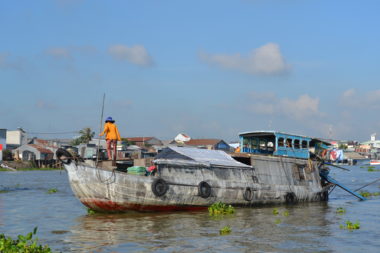
Boat on the Mekong.
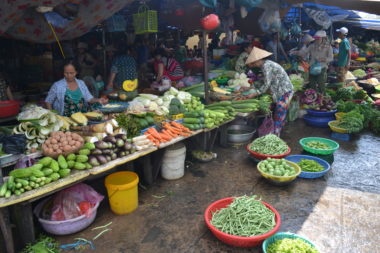
Chau Doc market scene
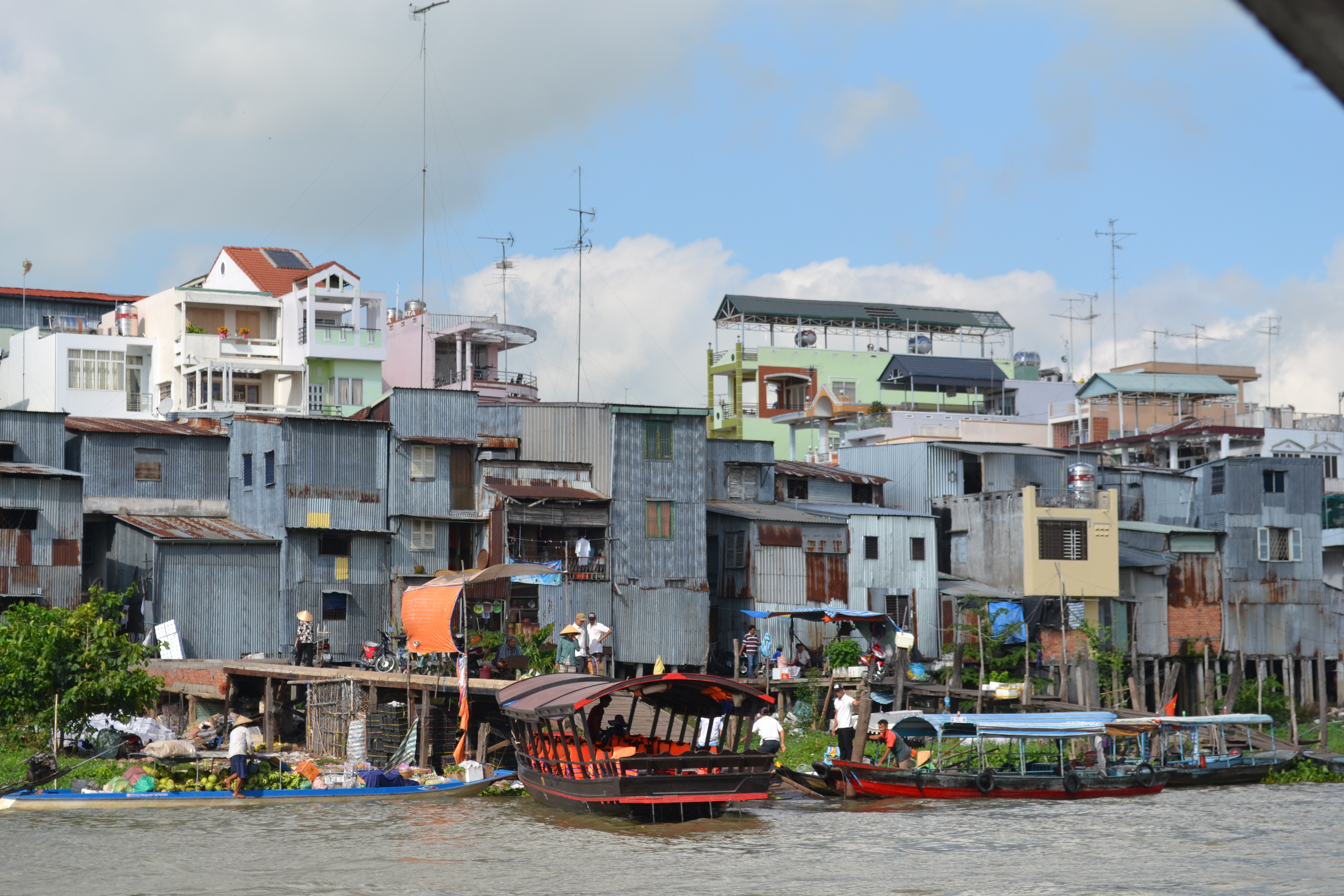
Chau Doc riverfront

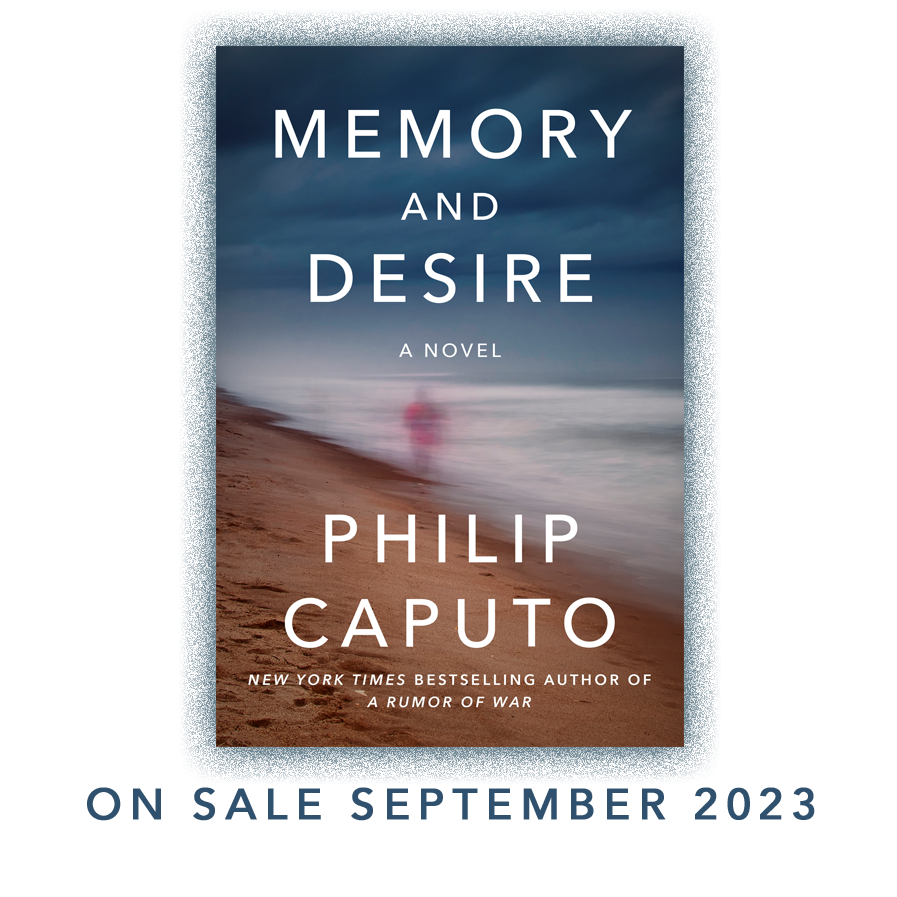
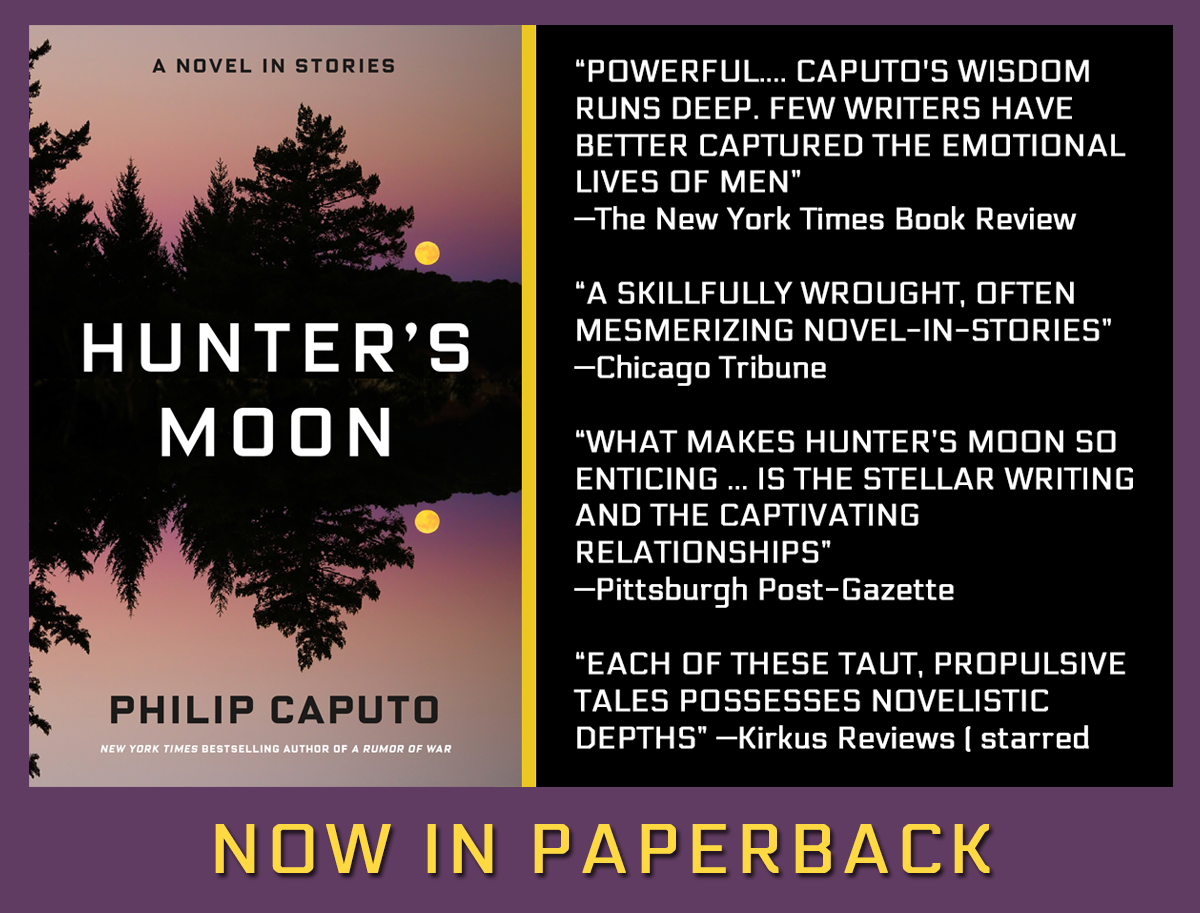
Serving in Vietnam left me feeling dirty. What we were doing in Vietnam was to corrupt and degrade the Vietnamese to our own level of consumerism and selfish individualism. This went against the natural Vietnamese inclination of serving the family and the group. Everything the USA touches in countries where we intervene is corrupted by our focus on consumerism and class. The average Vietnamese would have sold their souls for a refrigerator and the electricity to use it when I was in Vietnam. I never got close to the Mekong river. I did visit Thailand and saw that their cities had been turned into American whorehouses. I never wanted to go back to Vietnam after the war.